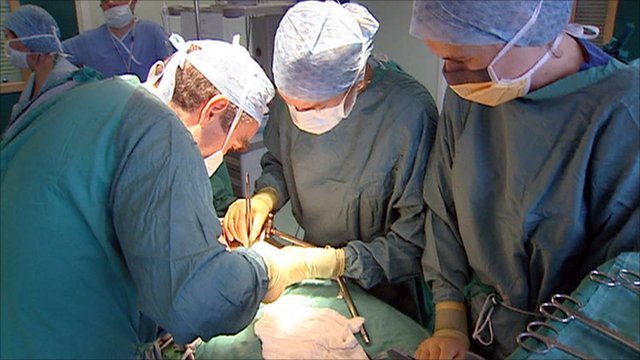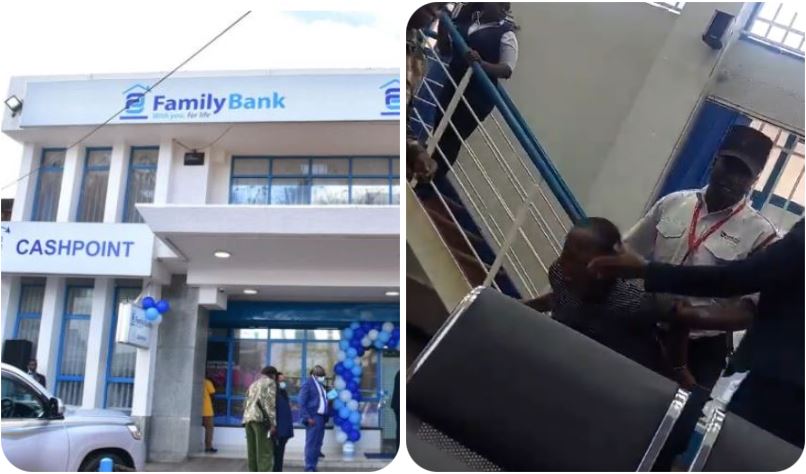

via The Westside Story.
California – The specialists from California Pacific Medical Center and UCSF performed the state’s initial nine way kidney transplant chain in San Francisco. Altogether, they completed 18 transplant surgeries.
The chain was begun on the 4th of July with a few. The Husband gave his kidney to a patient to get a perfect match one for his wife.
A few at UCSF was confronting comparative circumstance. Consequently, specialists recommended them to swap kidneys to spare existence of their friends and family.
10 of the 18 surgeries were effectively performed on the first day. In any case, the ones that were left finished on Friday. Five benefactors and five beneficiaries were included in the longest kidney transplant chain.
UCSF organization moved two given kidneys to the California Pacific Medical Center. The two doctor’s facilities are found about three miles away.
Facility representatives took assistance from another organ transport administration for this reason. The organization is popular for its organ bundling and expedited service.
On Friday evening, it gave the last kidney to California Pacific Medical Center.
John Roberts, head of UCSF Medical Center, discusses the chain. He said that a minor agreeable coordinated effort between two healing centers spared various lives. It urges different specialists to lead such sort of long transplant chain.
In only America by itself, more than 101,000 individuals are sitting tight for a kidney giver by virtue of shifted well-being conditions prompting renal breakdown. While some of these individuals may have relatives or companions willing to give, coordinating the benefactor kidney is not simple.
Accordingly, a considerable amount of them have to hold up no less than 4 to 5 years on the normal for a kidney from another compatible person, who has already passed.
Notwithstanding, a PC program that was at first grown by a previous patient for kidney transplant at the California Pacific has made conceivable the domino like chains for kidney transplant by associating perfect patients with willing givers notwithstanding when the kidney does not coordinate the proposed patient.
In such cases, the donated kidney is coordinated with another beneficiary and benefactor’s relative gets a coordinating kidney from another good contributor in that cycle.




